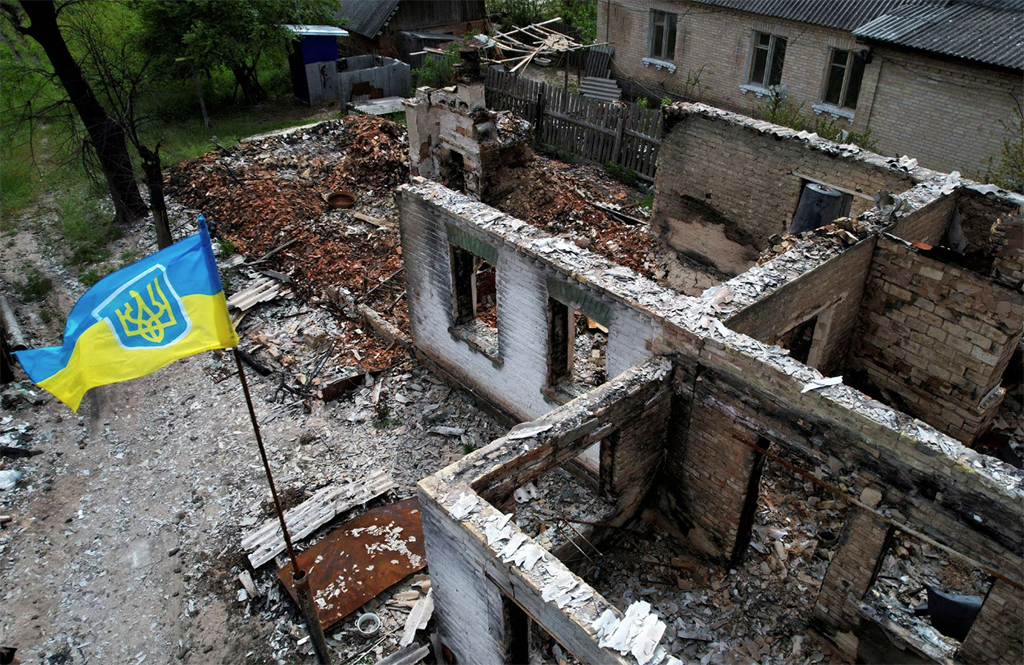Strassler Center featured in Boston Globe story on genocide studies

The work of the Strassler Center of Holocaust and Genocide Studies figures prominently in a Boston Globe Sunday Magazine story that details the expertise on war crimes and genocide studies within New England colleges.
The Globe centers its piece on the chilling narrative of Holocaust scholar Marta Havryshko, who was forced to flee Ukraine with her then 9-year-old son, just ahead of invading Russian troops. Havryshko made her way across the Poland border and thanks to a “rescue operation coordinated by her professional network of genocide scholars across Europe” managed last April to arrive safely in Switzerland, where she holds a fellowship at the University of Basel. Havryshko will join the Strassler Center this fall as a visiting scholar. She is working on a book about sexual violence perpetrated by Nazis in Ukraine during World War II.
Read a PDF of the Boston Globe Magazine story »
The article cites the Strassler Center’s history of drawing scholars from across the globe to study and teach in its programs, noting that the center established the country’s first endowed professorship in Holocaust history. Reporter Daniel Kool interviewed Strassler director Thomas Kühne and executive director Mary Jane Rein for the story.
Kool writes, “During his nearly 20-year term at Clark, Kühne says, he’s watched the department’s definition of genocide expand to include cultural erasure, dehumanization, and other non-physical forms of violence that can become the mechanisms behind the slaughter typically associated with genocide.
“According to Kühne, the school’s approach to genocide studies emphasizes the destruction — physical and spiritual — of peoples who identify themselves as a nation, such as the Tutsis in Rwanda, even if perpetrators refuse to acknowledge their legitimacy. ‘That’s very important,’ Kühne says. ‘What matters is how the victims define themselves.’ ”


